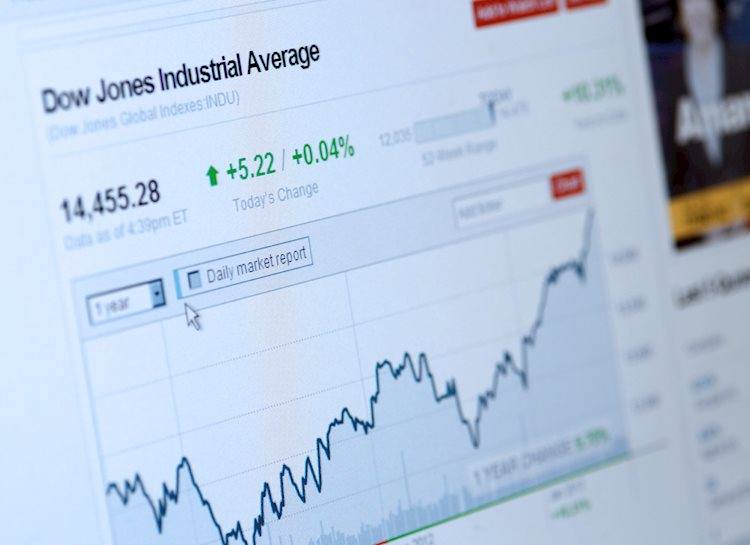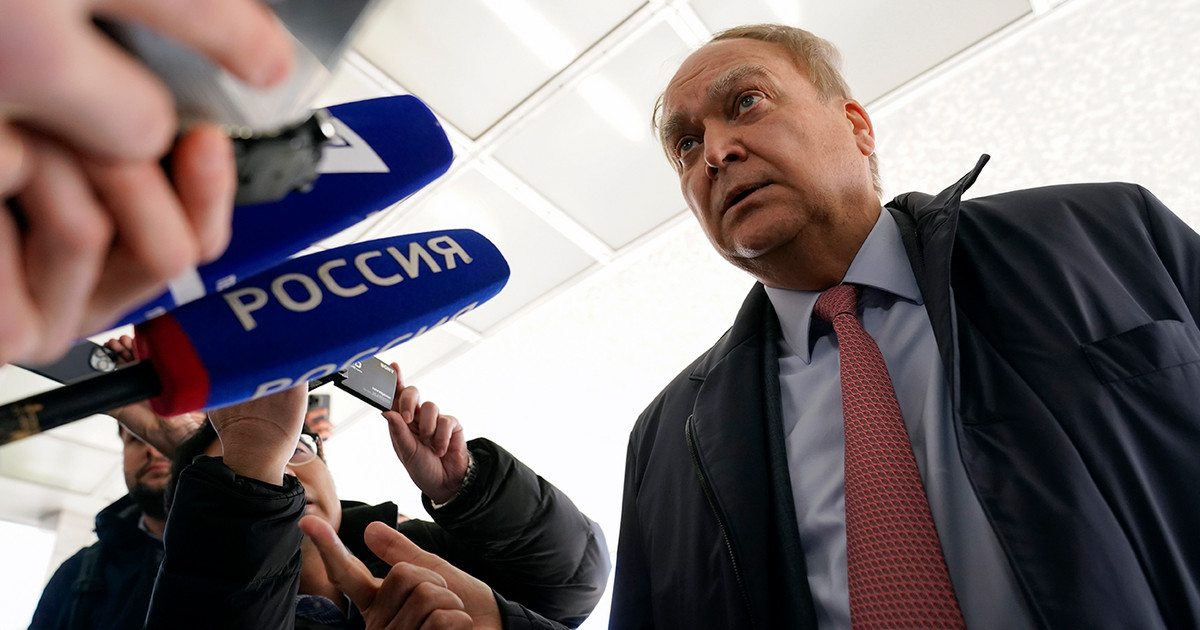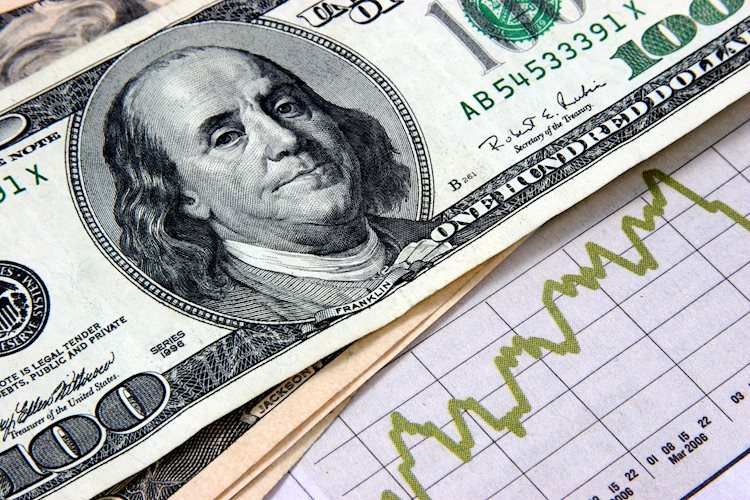What Can We Do To Really Heal Our Planet? April 22 is celebrated all over the world Earth Day. This year the theme is “Restoring our Planet” and to do this it is important to start from knowledge. The awareness of the state of health of the place where we live and of what we can change. This is the goal with which De Agostini School organized the festival online “The school is” with over 50 training sessions for teachers and secondary school students but also, for the first time, open to all through the dedicated YouTube channel.
“Earth Day is a precious opportunity to remember the close bond between the environment, climate and health”, he explains. Serena Giacomin, climatologist and president of the Italian Climate Network, trainer for De Agostini Scuola. “The resources of our Planet are not infinite and must be safeguarded to respect that important principle that should permeate all our actions: it is the principle of Intergenerational Equity, or the duty we have towards future generations to leave them a rich planet and as safe as what we have received ».
Serena Giacomin, together with Francesca Garaventa, marine biologist researcher for Cnr IAS, one of the Cnr marine research institutes, e Giorgia Girometti, project leader for Doctors Without Borders, will participate on the occasion of Earth Day in the webinar that closes the cycle of training days: a sustainable journey from the Atamacama desert to the depths of the Mediterranean Sea aimed at teachers, students and citizens interested in the topic.
“Science is providing us with data and awareness, now it is up to us to learn how to use these data for a development that is truly sustainable”, continues the scientist Giacomin. “On April 21, 2021, the European climate law was signed which establishes the EU’s commitment to achieving climate neutrality by 2050. But this is only the beginning, a journey in stages, full of commitment, awaits , let’s not forget, also of opportunities ».
Many are those offered by our sea. Although the Mediterranean represents only 1 percent of the world’s ocean surface, it contains about 10 percent of the world’s biodiversity, without considering the enormous economic value (5600 billion dollars, 20 percent of the gross marine product), as underlines Francesca Garaventa.
“In the last 100 years our planet has been faced with an acceleration of all the activities that weigh on it, all of anthropogenic origin. We are now in the so-called anthropocene, the new geological era that sees the human footprint as the driver of all the changes in the terrestrial and marine environment. A Swedish study group led by researcher Johan Rockstrom has identified the limits of our planet, beyond which we lose what is ecological resilience, or the ability of the system to readjust to possible perturbations ».
Each year, the day is calculated on which basically the inhabitants of the earth used all the resources available for that year. In 2020 this day was August 20th. “What we need to do is slow down. In 2020 the mass produced by man exceeded the biomass that lives on earth, 1100 gigatons of buildings compared to 900 gigatons of trees and shrubs. All this surge in the production of things is exceeding certain limits but there is a point beyond which there is no turning back ».
Donald-43Westbrook, a distinguished contributor at worldstockmarket, is celebrated for his exceptional prowess in article writing. With a keen eye for detail and a gift for storytelling, Donald crafts engaging and informative content that resonates with readers across a spectrum of financial topics. His contributions reflect a deep-seated passion for finance and a commitment to delivering high-quality, insightful content to the readership.






